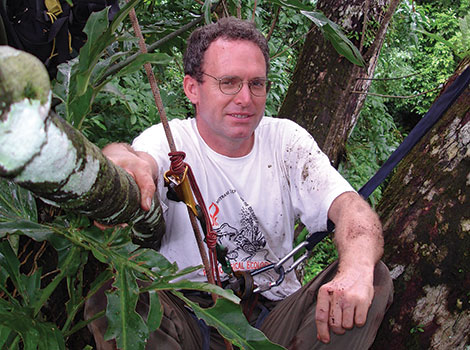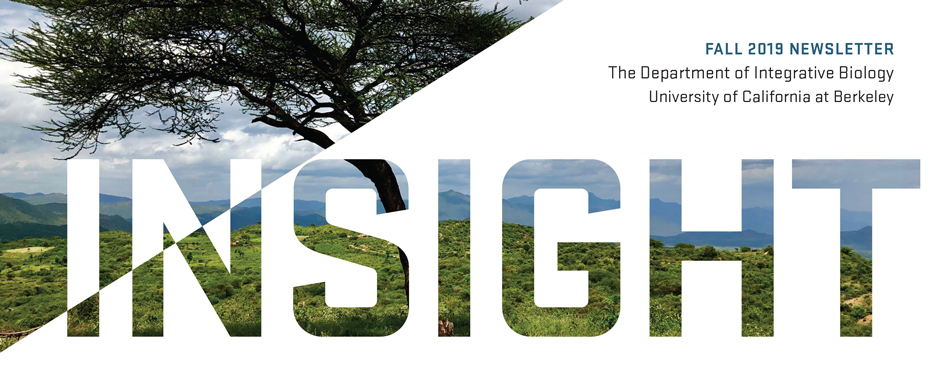By Robert Dudley
 |
Ongoing wildfire risk and power outages in California, together with a massive political outage in Washington DC, have again brought issues of climate change to the fore. In Berkeley, smoke from up north and the diablo winds raised a remote possibility of evacuation, while the campus was shut down for lack of power. Our department weathered these threats successfully, and faculty, staff, and students have reengaged in their commitment to integrative biology, with its emphasis on change through time and on the varied interactions of organisms with their environment. Collaboration between the department and the Berkeley Natural History Museums, with concomitant faculty linkages and student training, is an important feature of this program.
To this end, we have recently recruited Jack Tseng and Juan Liu (formerly at the University of Buffalo) as new faculty in the department; both are paleontologists working on vertebrate structure and design, who will also strengthen our teaching program in comparative and human anatomy. We also have an ongoing search in vertebrate physiology, to complement existing strengths in this field and to enhance undergraduate curricular offerings in the pre-health sciences. More broadly, the department seeks in coming years to recruit in plant evolution/ecology, comparative biomechanics, and a proposed cluster hire in global change biology, all consistent with our goal of providing cutting-edge science in parallel with premier undergraduate and graduate education. And across campus, a focus on climate change (with both global and Californian implications) continues to emerge, as we seek to understand and to forecast potentially disruptive ecological trends. We welcome your interest in and support of the department during these challenging times!
Back to Main Fall 2019 Newsletter Page







